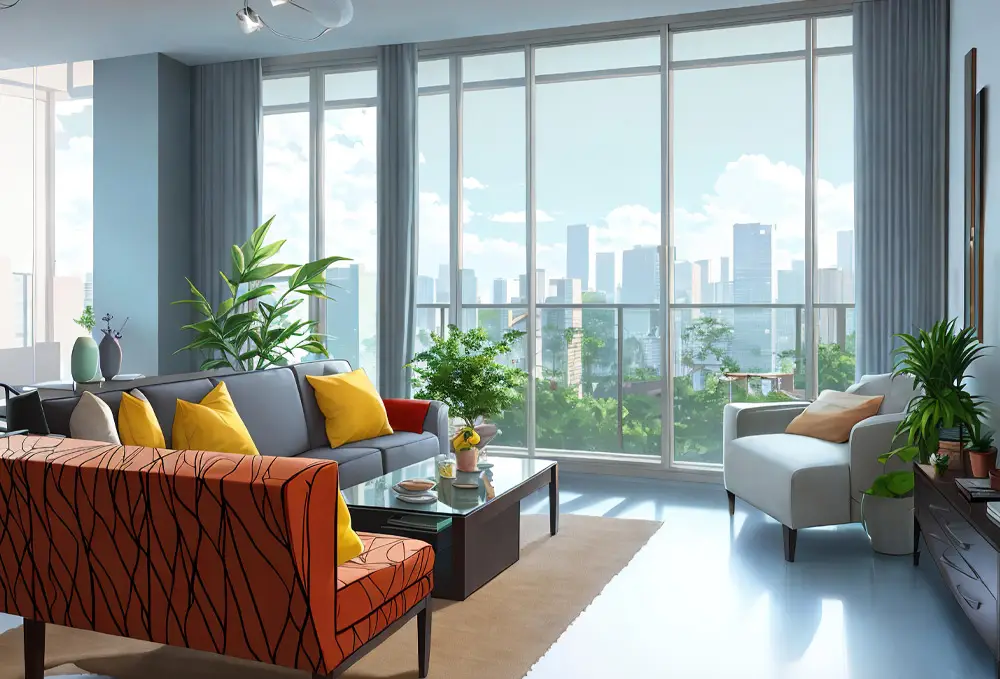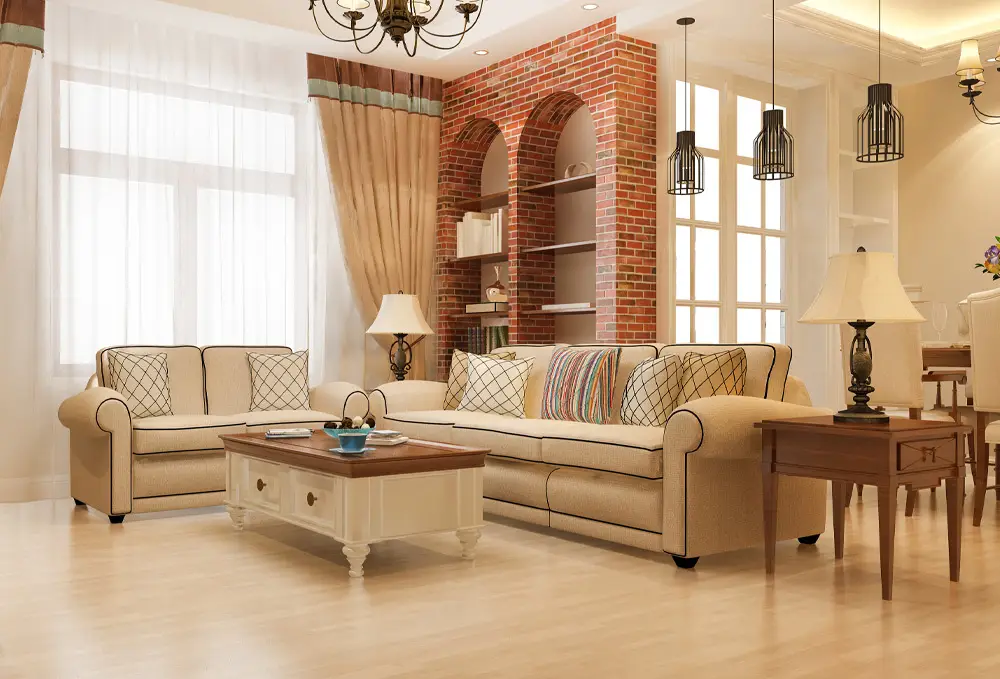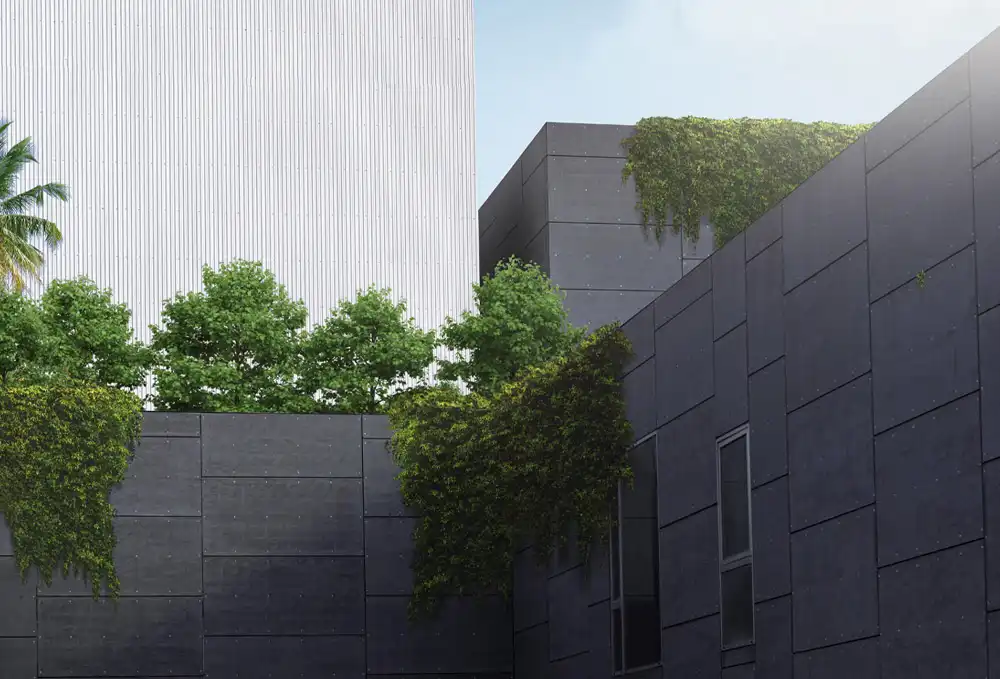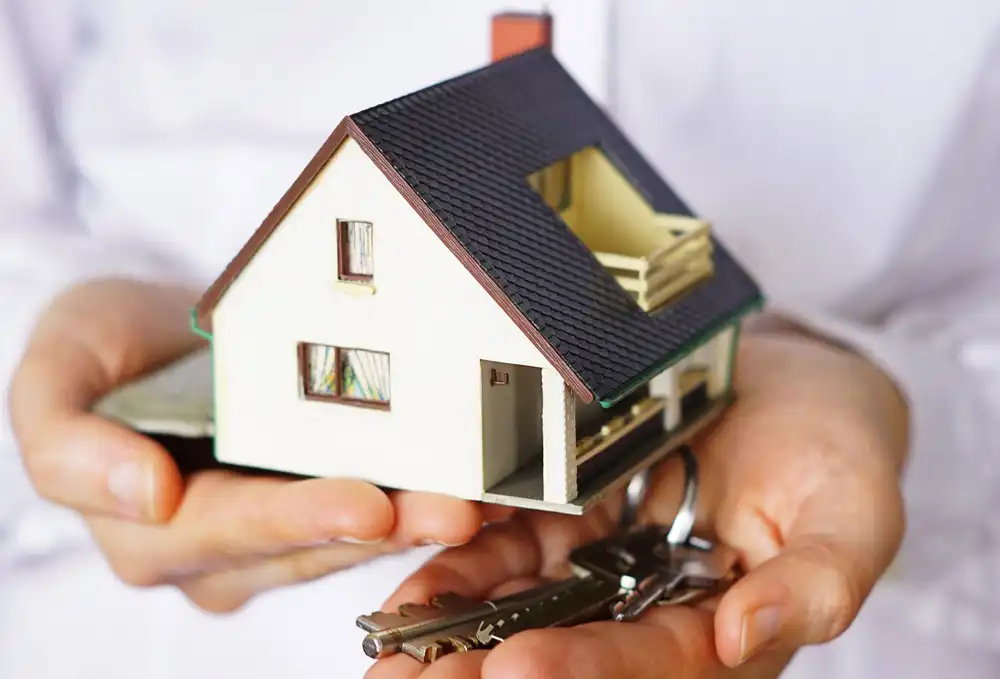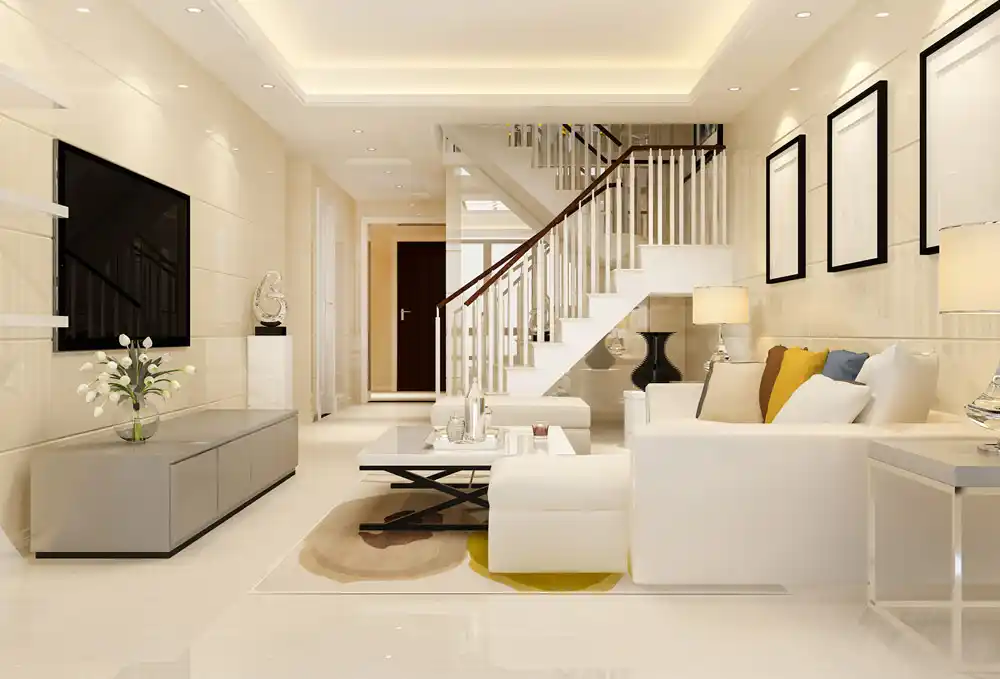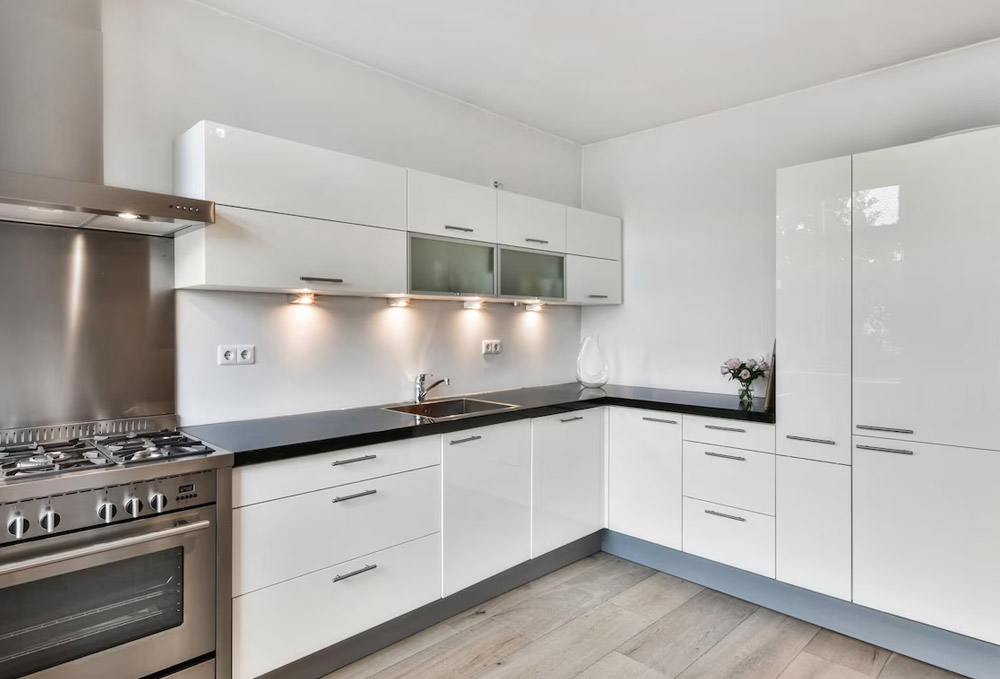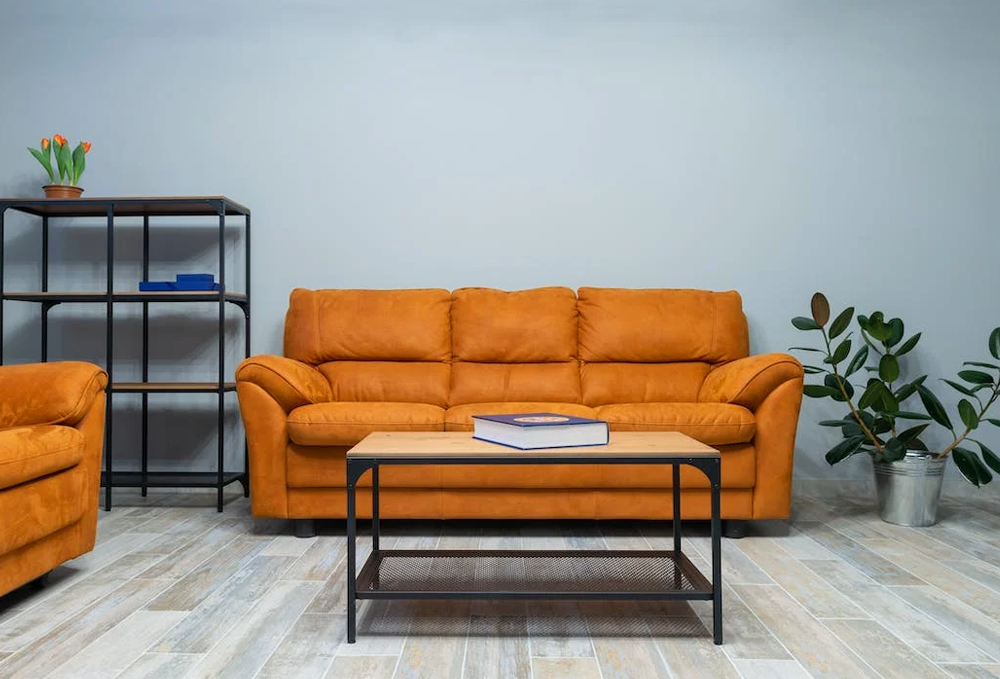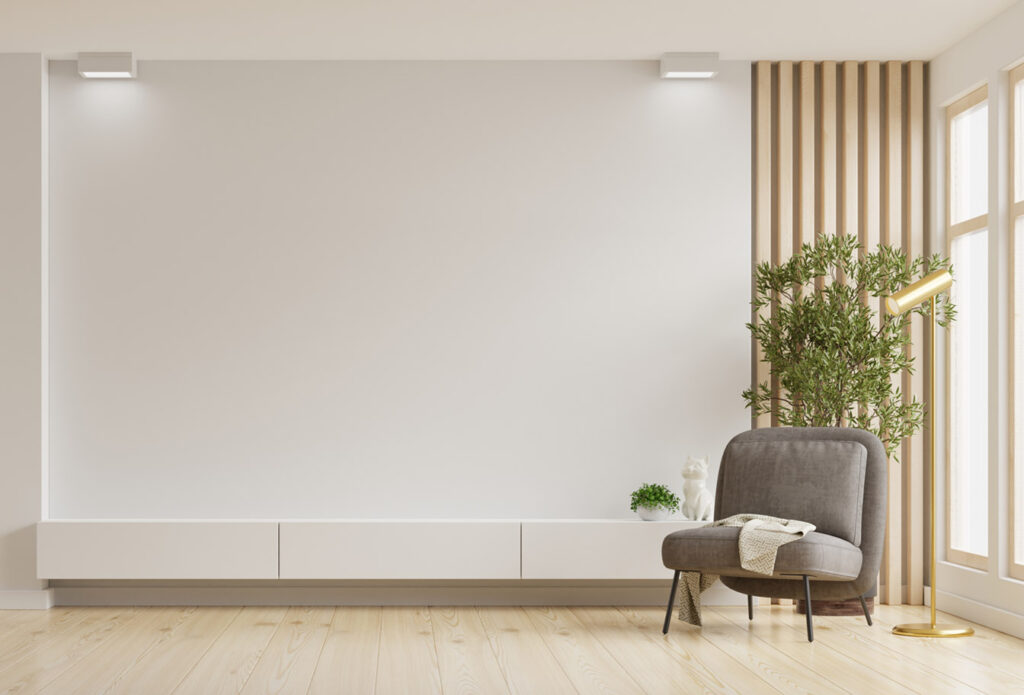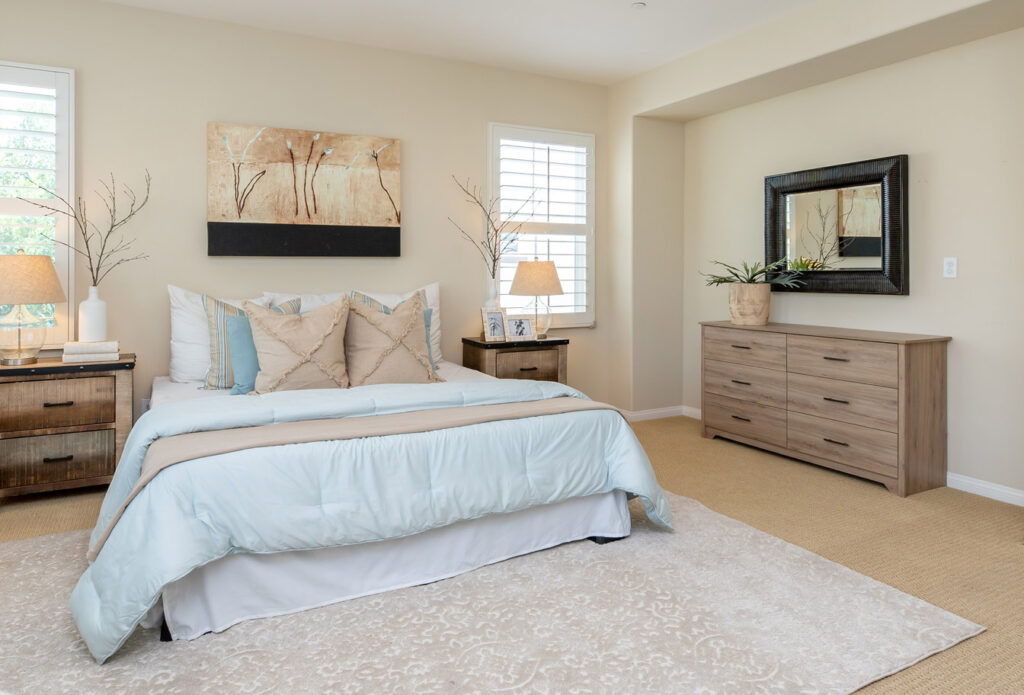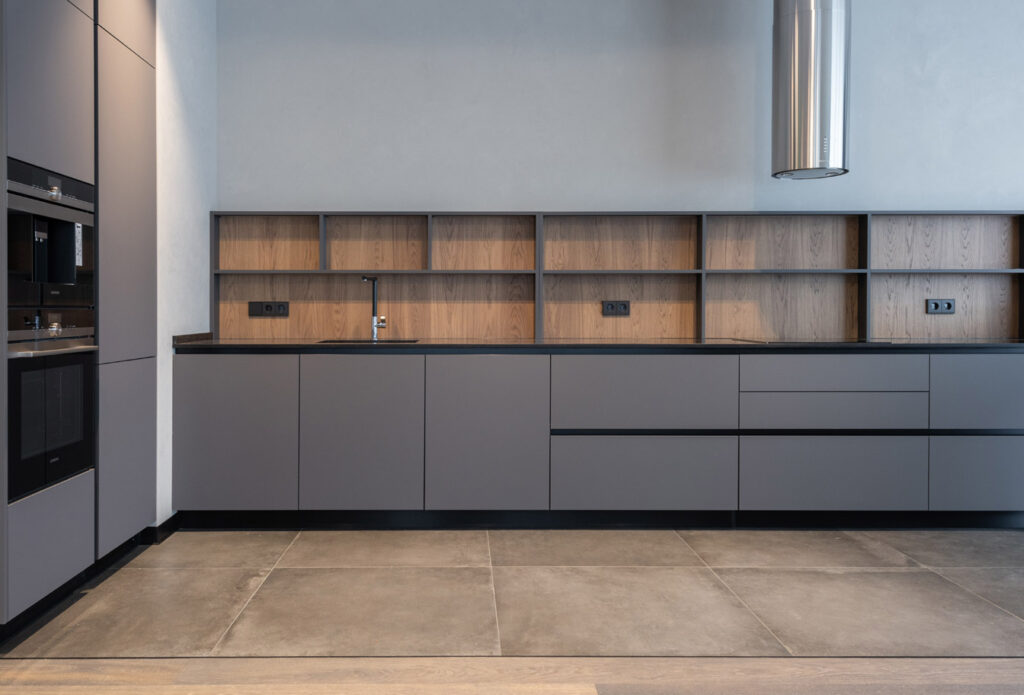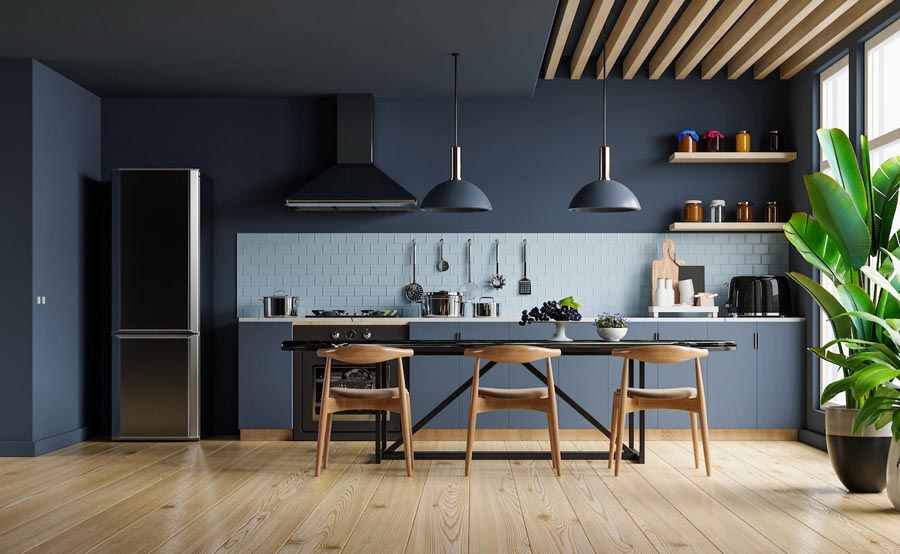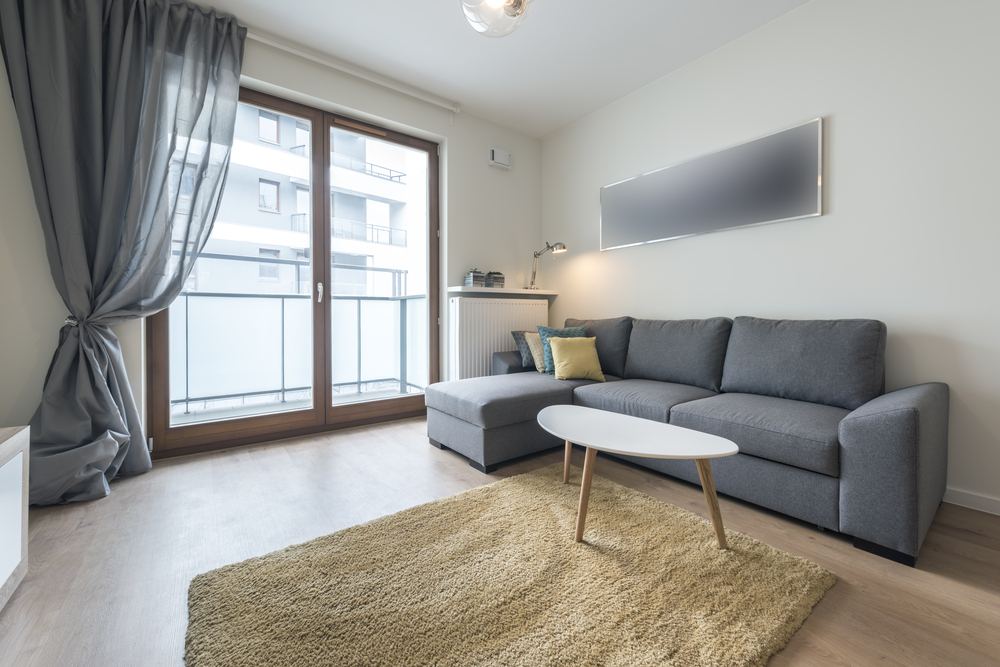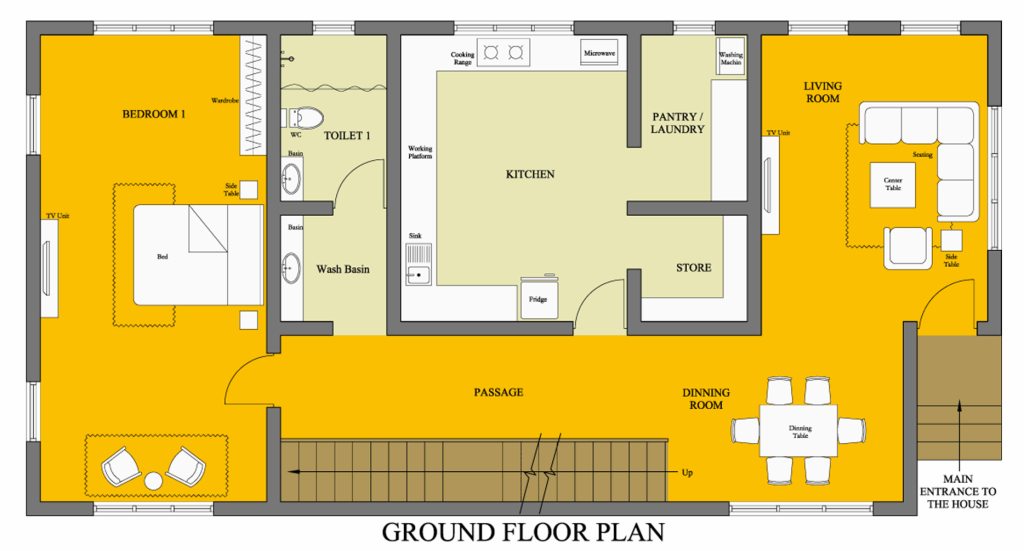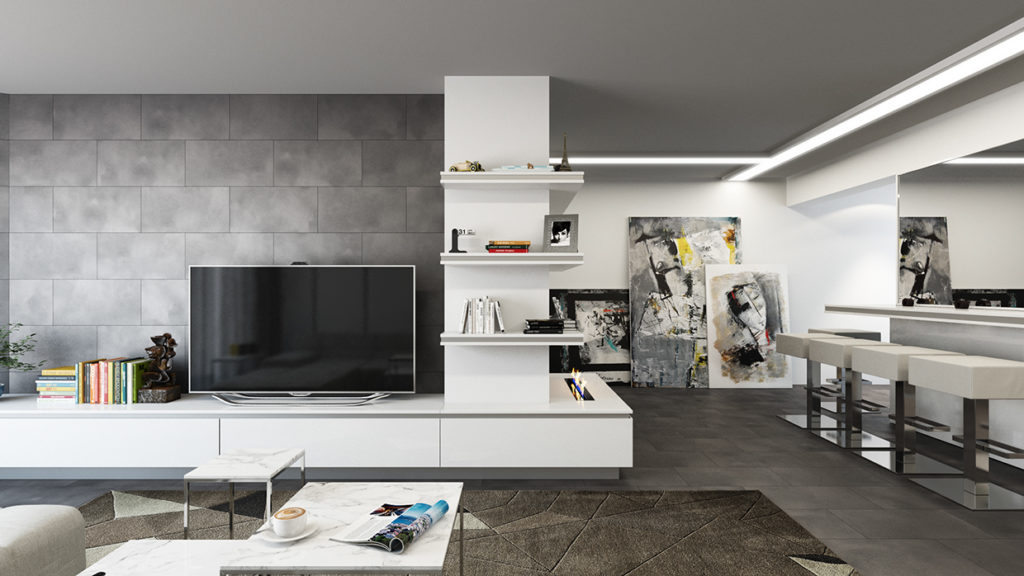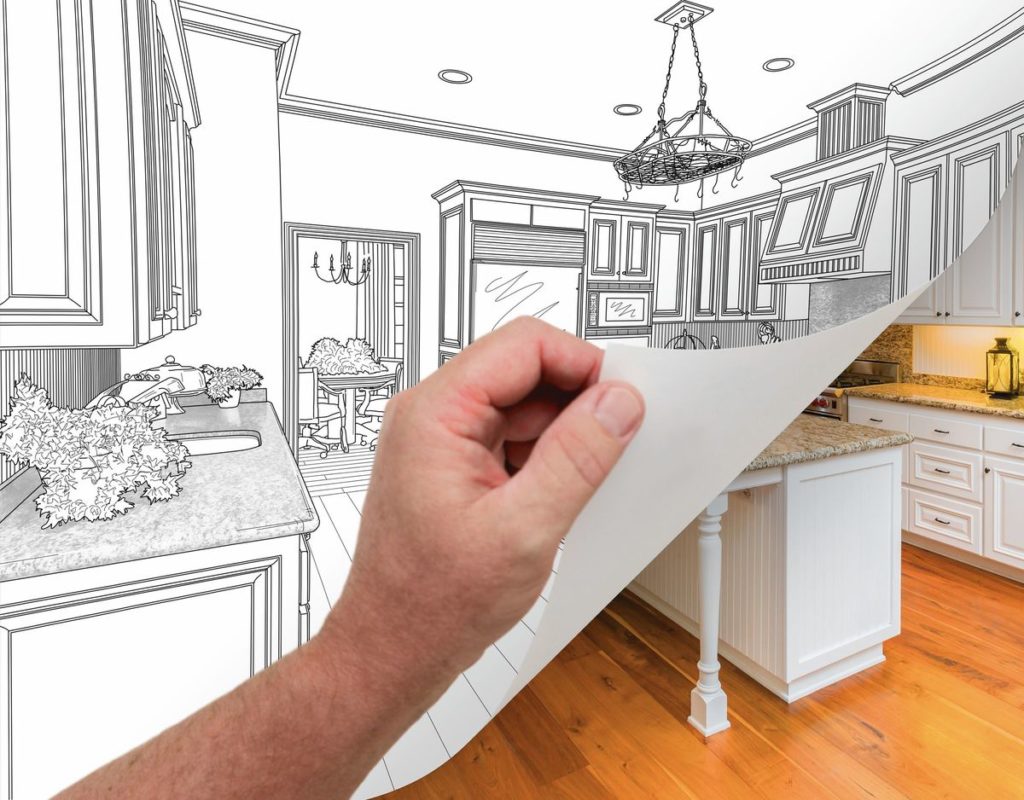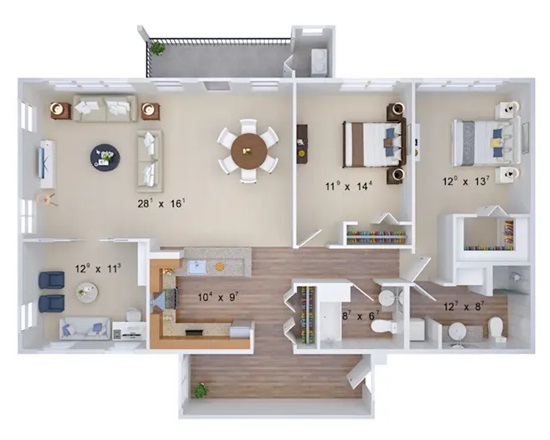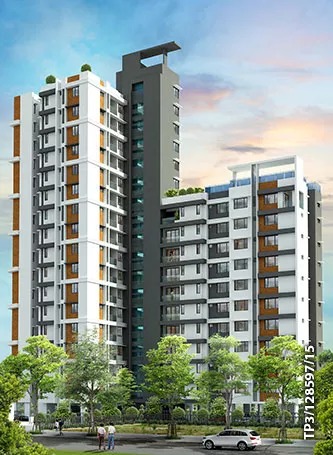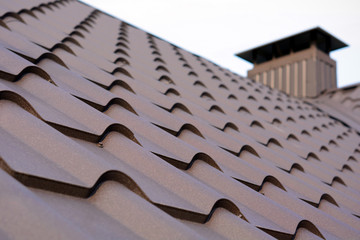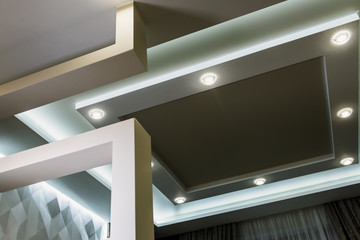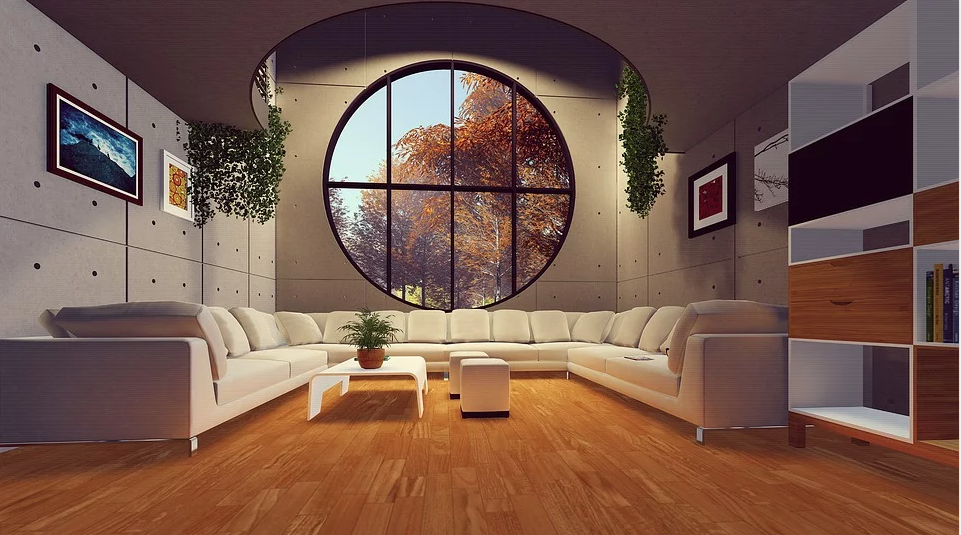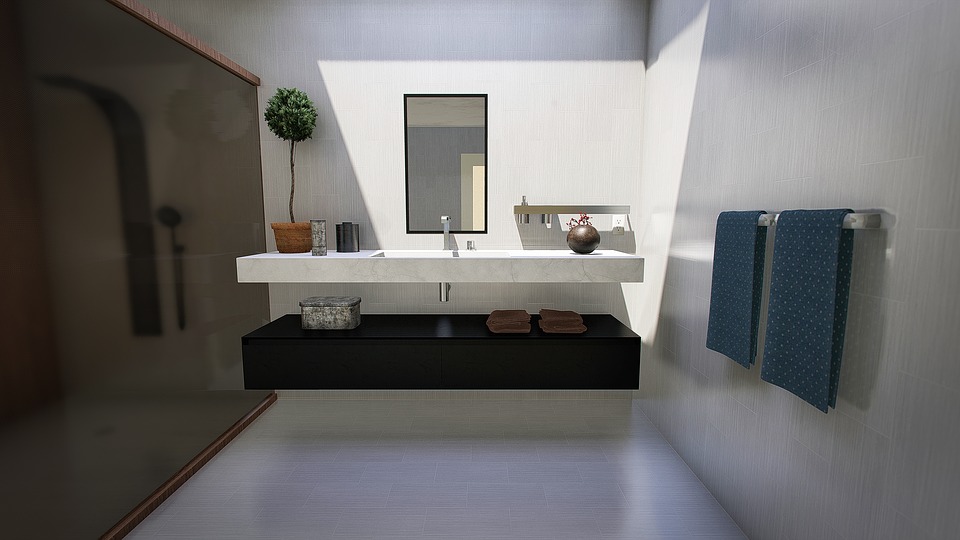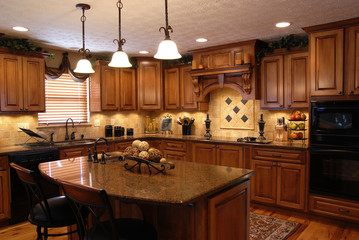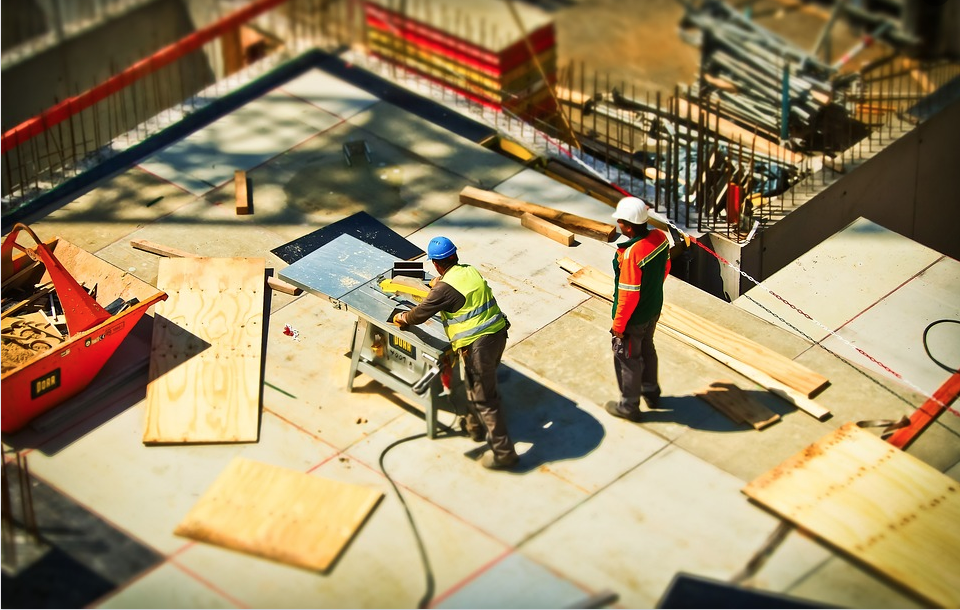
An eternal trend in home design and architecture of 2020, sustainable architecture is a style that is gaining attention worldwide. Reusing materials, salvaging exquisite pieces from older construction are all ways you can stay part of the trend. But are you aware of what materials are sustainable? Worry no more. In this article, we will explore the possible materials that can be included in your home design to make it more sustainable and eco-friendly.
There are two ways to think about sustainable material while Building a home or Flat. The first one is to choose a material that would cause minimal impact on the environment such as recycled timber. Re-using timber not only promotes zero waste but also minimizes the energy required to acquire these materials and process them. The second method would be to choose materials that promote sustainable energy. Using materials that insulate the Home, therefore, preventing energy loss in the form of heating or cooling would be an example of this. This would also reduce the usage of oil and gas that contribute to climate change.
Another sustainable manner to build would be to reduce the cost of transportation. Using locally sourced materials will also help your home be more sustainable due to all the energy saved from transportation from the source to the site. Here you can find, 5 of the top sustainable materials you can use in the Indian context.
Recycled Steel
Steel is a material that demands heavy energy costs during the production stage. Using recycled steel instead of fresh steel will reduce the energy needed by the forges and smelters to produce this material while serving its purpose perfectly. Studies show that almost 75% of energy costs can be cut down by replacing traditional steel with recycled.
Bamboo
An innovative building material, bamboo has been gaining popularity worldwide, especially in the context of Kerala where it is abundantly available. It can be used as roofing, flooring as well as separation walls after treating the wood aptly. It is also insulating in nature and hence can reduce long term energy costs as well. A huge advantage of bamboo is the timeframe it requires to be regrown. As compared to woods such as teak or pine, which can take decades, bamboo may only take a few months or a year.
Straw bales
A material with fantastic insulating properties, straw bales can be placed in walls, attics, ceilings etc to provide a cooling effect during the hot summers of the state. You can also use this material in a compressed manner for any soundproofing that is required indoors such as in the case of a home theatre. A great advantage of straw bales is the ease of which it can be replanted, which helps reduce environmental impact to a minimal level.
Precast Concrete
One of the biggest advantages of precast concrete would be the amount of water it saves during construction. Hence, this is one of the highly recommended materials to use in sustainable construction. This is a material that can be reused and can be shipped into multiple structures once it is made in the factory, unlike conventional concrete.
Reclaimed or Recycled wood
As we talked about at the beginning of this blog, reclaimed wood is much less damaging to the environment as compared to harvesting brand new timber. Since wood has been a material of construction from several years, it can be easy to find salvaged wood from demolished structures locally. You can even be creative and use the detailed woodwork at savvy spots to create a truly unique facade in your home.
We are definite that this read has educated you on the 5 possible materials you can use to take the path towards sustainable architecture. While there are several materials you can explore ahead, these are the trivial or basic ones that almost anyone can inculcate into their home design. Remember that energy saved is never insignificant. Be a proud owner of a sustainable home!


